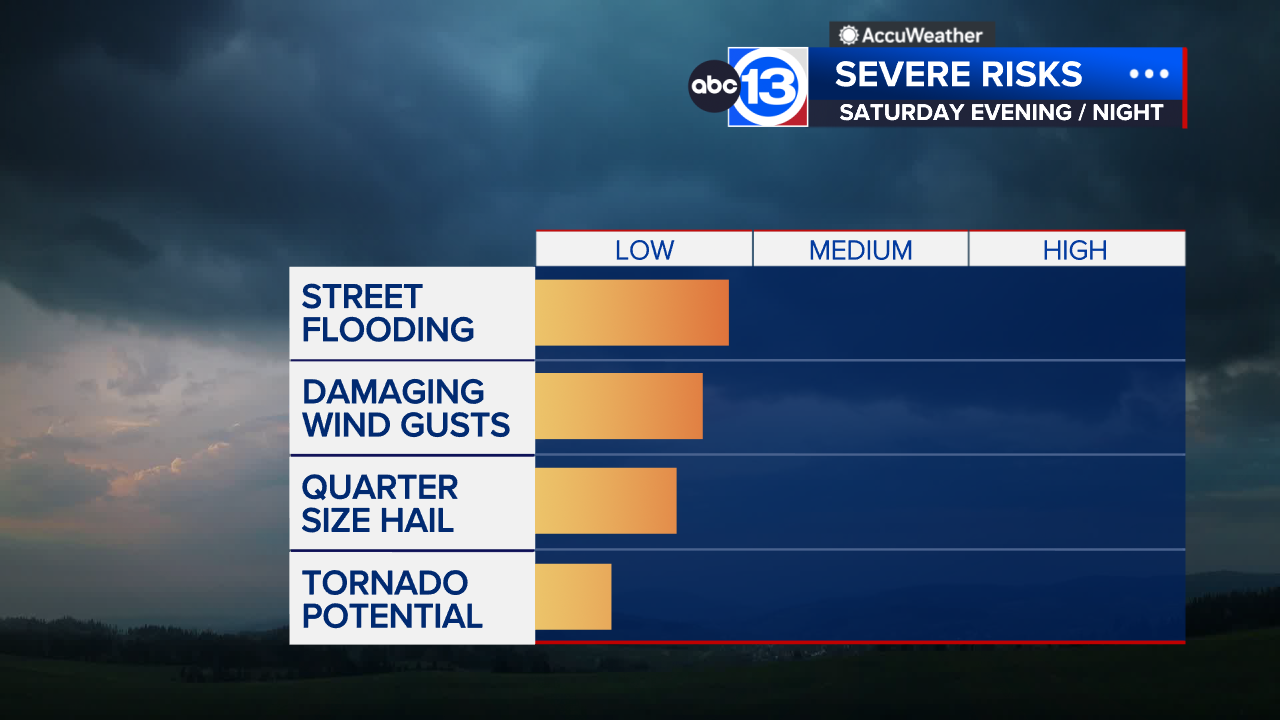Children snoozing in class could be red flag for mental health, experts say

HOUSTON, Texas (KTRK) -- Many children are now back in the classroom, and if you're a parent who gets a call from the teacher saying your child is snoozing in class, watch them closely. It could be an indicator of serious mental health issues.
Experts say sleeping in class doesn't always stem from laziness, but it could be a red flag for depression or something else.
According to the American Academy of Sleep Medicine, children between six and 12 years old should be sleeping nine to 12 hours in a 24-hour period, and teens need eight to 10 hours - but many are not getting the much-needed sleep.
Dr. Michael Lemke at the University of Houston-Downtown said poor sleep can eventually impact mental health.
"We're really learning in the sciences how important sleep is in all dimensions of health," he said. "We get cranky when we don't sleep, but it has also shown that adolescents who don't get enough sleep are more prone to anxiety disorders. So sleep is impactful across the dimension of health."
Lemke said parents can help their kids by making sure they try to get the recommended hours of sleep. Also, think about possibly tracking their sleep pattern using something like a Fitbit.
"You can hook it up to your teen or young child and you can actually track [their sleep] and they may have fun doing it," he said. "Those devices give detailed information about the stages of sleep when they occurred."
Lemke said once you learn your child's sleep pattern, you can help them achieve better sleep, which in turn will lead to better physical and mental health. He said not everyone can afford a Fitbit, but there are some affordable ones that can do the same thing.
For more on this study, follow Mayra Moreno on Facebook, Twitter and Instagram.









